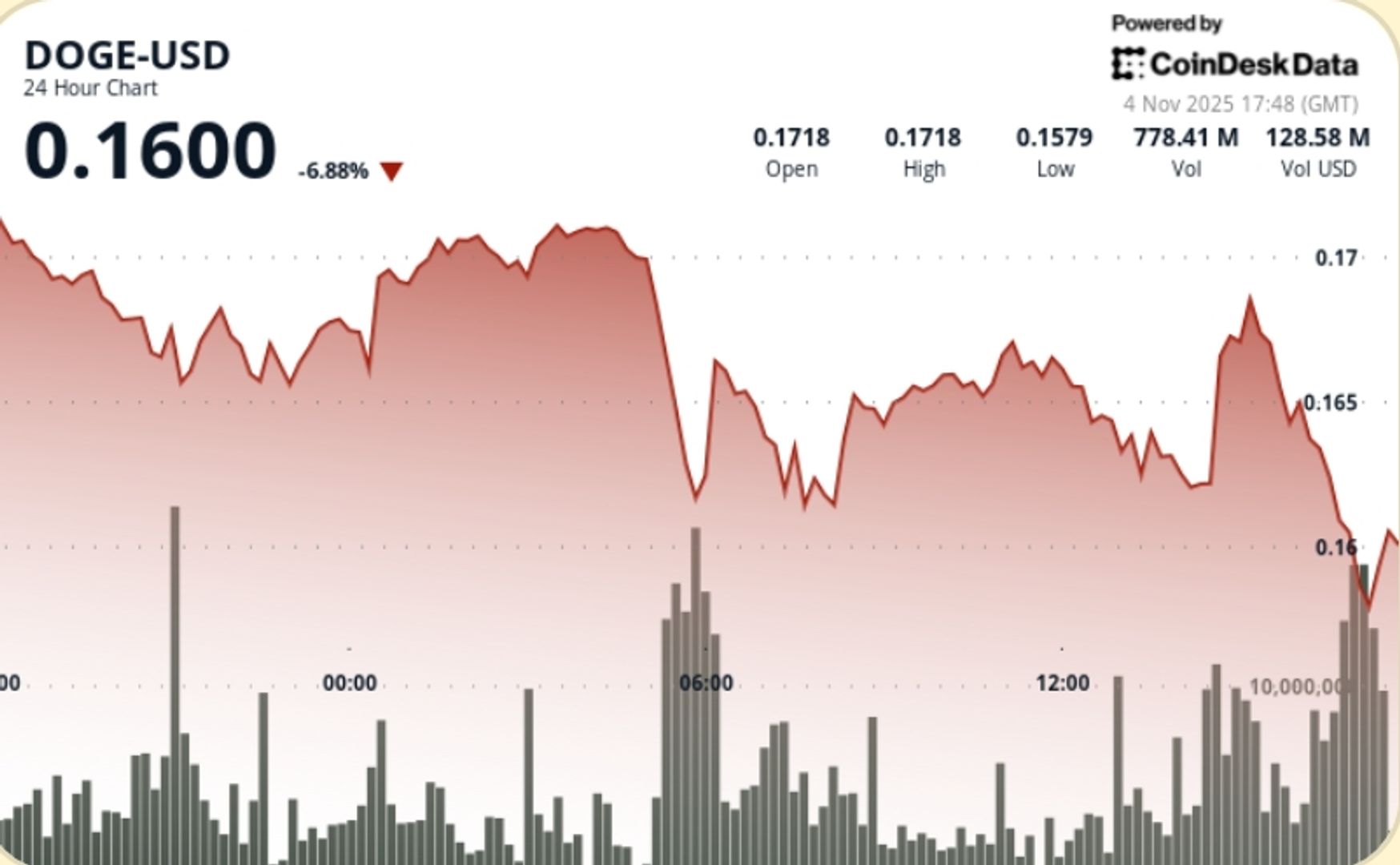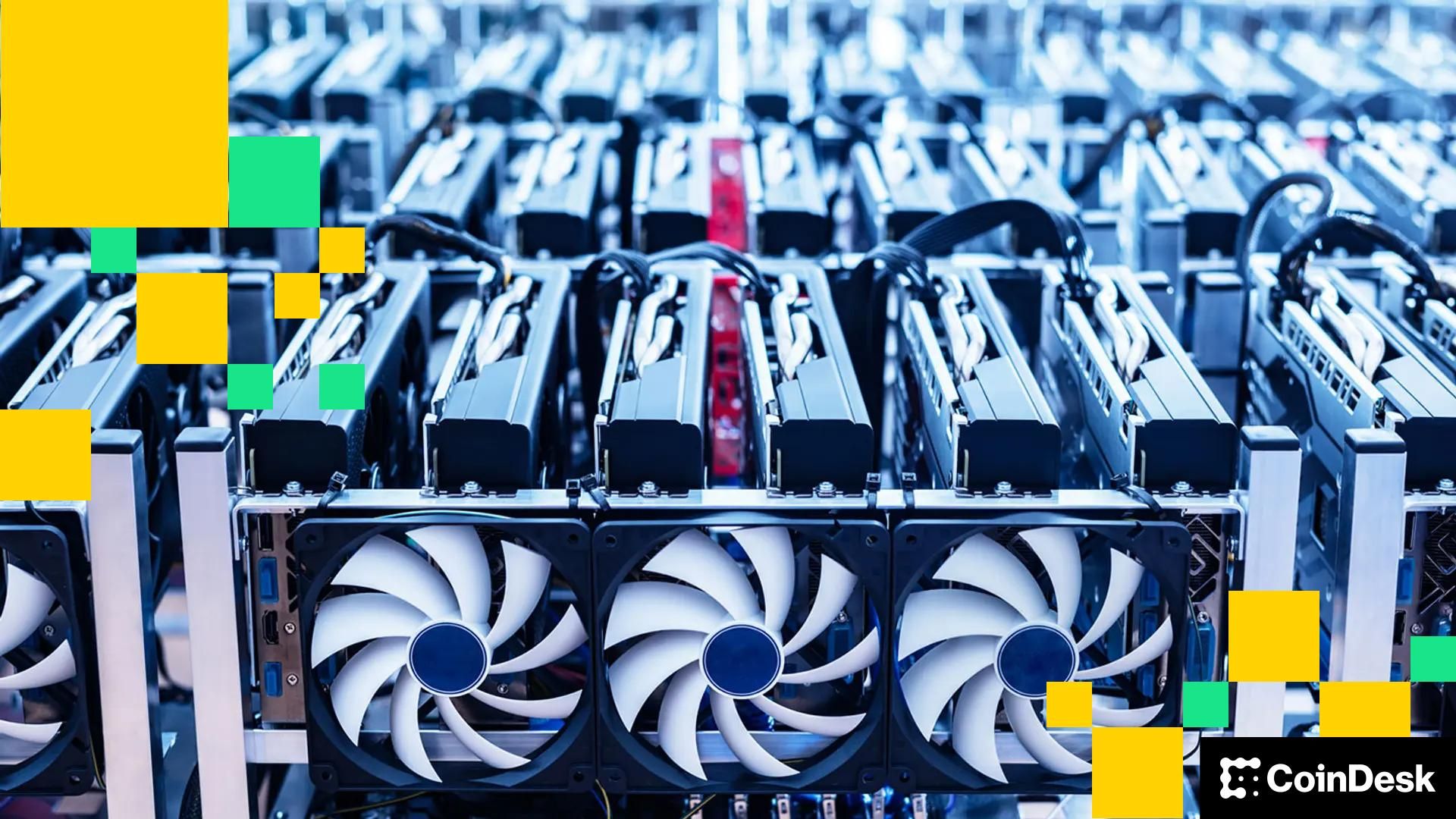Quantum stocks tied to Rigetti Computing Inc. and D-Wave Quantum Inc. have surged more than 1,900% in the past year on expectations that the technology they are building will become the next major computing breakthrough, according to Bloomberg.
Both companies are valued above $10 billion each, even though they currently produce only a small fraction of the revenue generated by traditional firms of similar size. Their machines are still in development stages, most uses are experimental, and the firms are burning cash while generating limited commercial income.
They are worth more than Campbell’s Soup while making less than 1% of its revenue, according to Bloomberg, so this trading frenzy has turned one of the most experimental areas of advanced computing into a heated battleground for investors.
Supporters insist that if quantum computing technology being developed eventually works at scale, it could solve problems that classical machines cannot, but skeptics argue the market is ignoring fundamentals and is chasing hype with no clear timeline.
Bulls describe a future payoff
Quantum backers say the technology being developed is meant to build machines far more powerful than traditional systems by performing calculations in parallel instead of one at a time.
Some investors reportedly believe this will one day help design new drugs, model complex climate systems, and handle data workloads that overwhelm today’s best hardware. Troy Jensen from Cantor Fitzgerald allegedly told Bloomberg that:- “If it works, it’s going to be huge and explosive. If not, it could go to zero.”
The trade has been compared to early biotechnology investing, where investors can wait years for progress that may or may not arrive.
The uncertainty is significant. Many researchers and executives accept that the potential is huge, but the timeline is unclear. Earlier this year, Nvidia chief Jensen Huang said meaningful results could still be decades away. Even so, political and corporate interests have not slowed. The Trump administration has named Quantum computing development a strategic priority. Fidelity International took part in a new financing round for Quantinuum, valuing the startup at $10 billion.
Google has reported progress as well. Last year, the company stated that a chip it developed completed a task in five minutes that would have taken a supercomputer 10 septillion years. Traders who watched AI-related stocks rise over the past two years have moved quickly, aiming to position themselves before another wave of technology adoption. Haim Israel from Bank of America Merrill Lynch said, “Capital markets don’t want to miss this moment.” Alphabet saw its shares move higher on Oct. 22 when research suggesting new advances in its Willow processor briefly added $30 billion in market value.
Skeptics highlight valuations and downside risk
Meanwhile, Bruce Cox of the Harrington Alpha Fund is betting against Rigetti Computing, saying, “There are no earnings, nothing to go on. The froth is crazy.”
And the recent pullback supports his view, because both Rigetti and D‑Wave Quantum have crashed more than 34% from last month’s highs, wiping out about $12 billion combined, according to data from Yahoo Finance.
Financial comparisons show how stretched the valuations are. Rigetti, based in Berkeley, is expected to make around $20 million in the next four quarters, mostly from development contracts and component sales. At today’s prices, the stock trades at more than 500 times projected revenue. Palantir trades at 72 times forward revenue. The Nasdaq 100 trades at under six. For Rigetti to be valued similarly to Nvidia at 17 times forward sales, its annual revenue would need to exceed $600 million. Analysts expect about $40 million in 2027.
Even with these issues, analysts remain mostly positive. Six of seven analysts tracking Rigetti rate it a buy, with one neutral. All ten covering D‑Wave Quantum recommend buying. Benchmark analyst David Williams raised his price target from $20 to $50, which prompted what he described as the most hate mail he has received in more than fourteen years. Williams said retail traders and momentum seekers are heavily involved and that long timelines make price swings inevitable. “Quantum’s not going to escape a broader market selloff,” he said.
Sign up to Bybit and start trading with $30,050 in welcome gifts
















 English (US)
English (US)